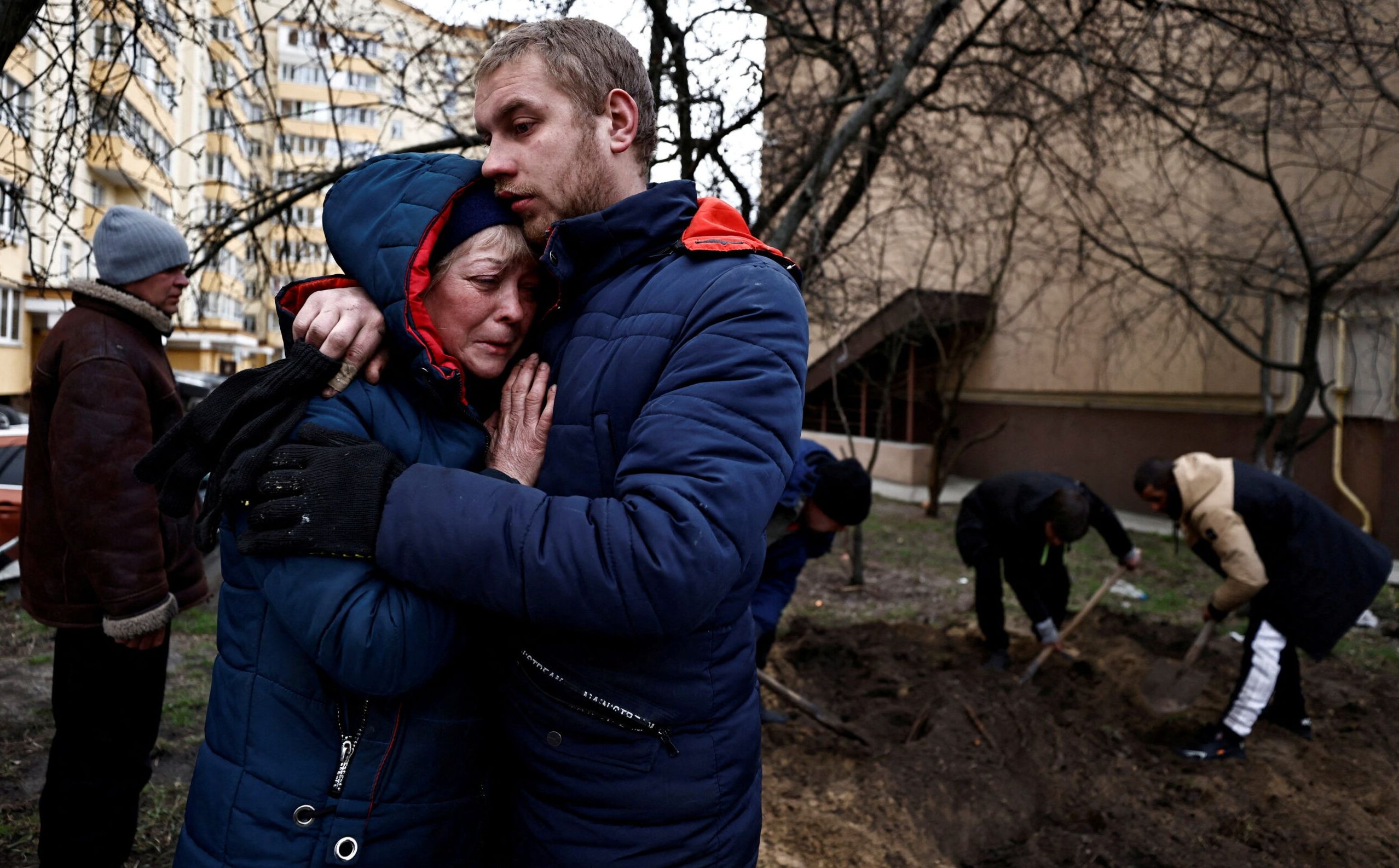More than 30 progressive groups sent a letter to Congress on Tuesday asking legislators to pursue negotiations with Russia and Ukraine, insisting that realistic diplomacy key to ending the fighting and civilian suffering.
“This letter is notable for the wide range of organizations it brings together around the urgent need to end the suffering of Ukrainian civilians by bringing an end to the war,” says Tori Bateman, Director of Advocacy for the Quincy Institute, in a press release accompanying the letter. “The diplomatic process will be long and difficult, and it will take politicians from across the aisle being invested in its success to help bring the war to an end.”
The largely humanitarian and foreign policy-focused organizations — including Amnesty International USA, Oxfam America, the Friends Committee on National Legislation, and the Quincy Institute, publisher of Responsible Statecraft — emphasize the need to rebuild after Russia’s 2022 invasion and seek a “positive vision,” meant to strengthen human rights and establish a process "for reconciliation, accountability and repair."
Rather than attempting to address the details of the negotiations, the letter says that the initial round of talks “should focus on a framework for a continued peace process” that concentrates on ending the fighting, addressing humanitarian needs, and returning captives.
The organizations also insist that all parties “recognize civilians not just as victims but as active stakeholders in the peace process.” They say this will help prioritize guarantees for family reunification and commitments to rebuilding Ukraine. According to the letter, “the international community should support a process for accountability, justice, reparations, and reconciliation that can be accessed by all victims and survivors of violations of human rights and international humanitarian law.”
“Ending a war is only the first step toward lasting peace, we urge the Administration and Congress to invest seriously in a principled, just, and inclusive peace process,” said Bridget Moix, General Secretary of the Friends Committee on National Legislation, in the press release. “While diplomacy can be challenging, our Quaker peace testimony teaches us that war is never the answer and peace is indeed possible."
The peace process has so far suffered from impediments on all sides, but talks still appear to be ongoing and producing some results. High-level diplomats from both sides met in Istanbul last Friday, where they agreed to release thousands of prisoners and meet for further discussions, although a Ukrainian diplomat said that the Russian demands were “detached from reality and go far beyond anything that was previously discussed."
President Trump held a two-and-a-half-hour phone call with Russian President Vladimir Putin on Monday, after saying that “progress has been made” and that both sides “will immediately start negotiations toward a ceasefire.”
















